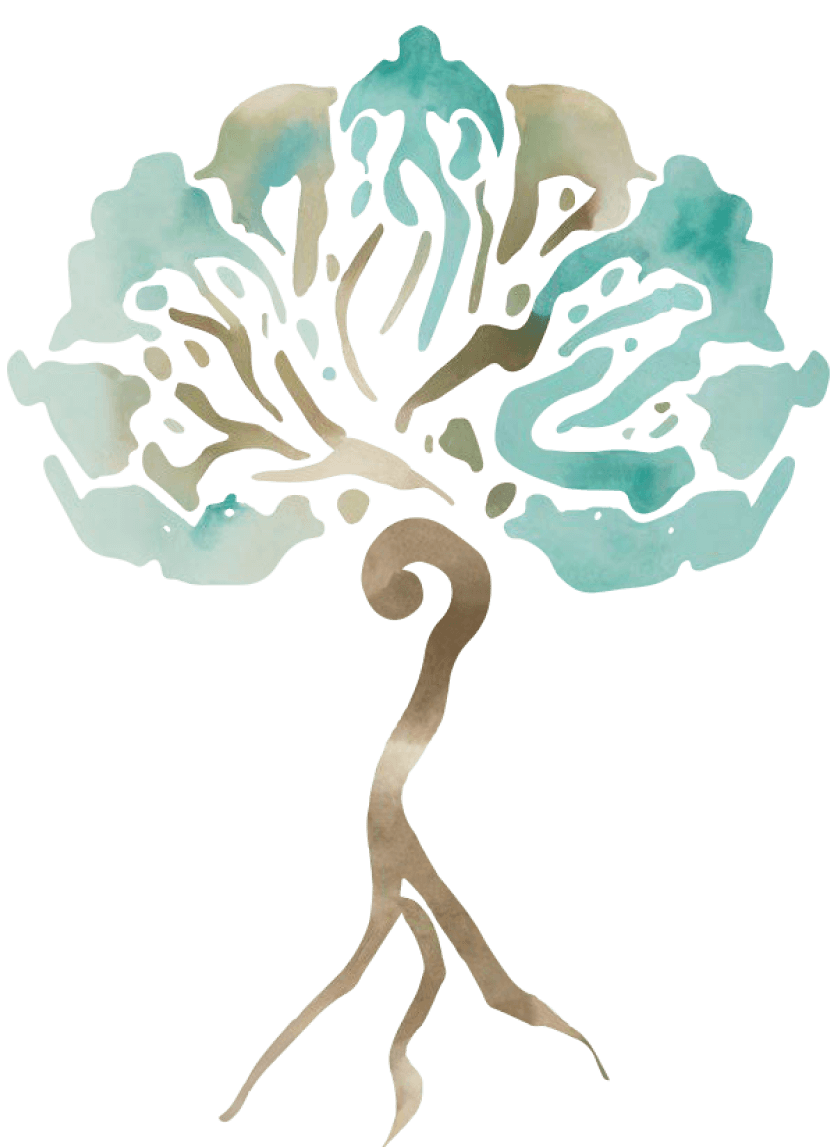Attention-Deficit Hyperactivity Disorder (ADHD) in Children & Youths
Attention-Deficit Hyperactivity Disorder (ADHD) is a neurodevelopmental disorder that often develops in childhood.
What is Attention-Deficit Hyperactivity Disorder (ADHD)?
Attention-Deficit Hyperactivity Disorder (ADHD) is a neurodevelopmental disorder that often develops in childhood. It is a common disorder, affecting approximately 4.9% of the population in Singapore.


As a developmental disorder, ADHD is a long-term condition that affects the central nervous system (CNS). For children and youths with ADHD, their brains, nerves, and neurotransmitters may work differently, causing executive dysfunction that affects their ability to regulate and manage their behaviour, emotions, thoughts, and actions.
Those with ADHD are often impulsive, overly active, and have trouble concentrating and paying attention in class. These symptoms usually start in childhood or adolescent years and last into adulthood. The symptoms of ADHD often lead to poor academic performance and problems with relationships. They may also struggle with feelings of low self-esteem.
ADHD can present itself in three distinct ways. These are:
- Predominantly inattentive: The child or youth finds it difficult to finish tasks, lacks organisation skills, and struggles to pay attention. They cannot follow clear instructions and discussions and are easily distracted.
- Predominantly hyperactive-impulsive: The child or youth tends to fidget and is very chatty. They need to move constantly and appear restless. Young children may run, jump, or climb without taking breaks. They also tend to interrupt others and struggle to control impulsive behaviours such as grabbing, speaking at the wrong times, waiting for their turn, and following rules. They often get into accidents due to these behaviours.
- Combined: The child or youth has a combination of the above symptoms without clearly fitting into either category.
What causes ADHD?
The exact cause of ADHD is still unknown. However, scientists have found several links that are possible risk factors for developing ADHD. A combination of these factors is likely to lead to ADHD.
ADHD is not caused by certain styles of parenting, allergies, vaccines, playing too much video games, certain food dyes, or excessive sugar intake.

What are the symptoms of ADHD?
As mentioned earlier, the symptoms of Attention-Deficit/Hyperactivity Disorder (ADHD) are categorised into two main types: inattention and hyperactivity-impulsivity. Take note that not all children or youths with ADHD experience all symptoms. The severity of the symptoms can vary as well.
The symptoms of ADHD have also been found to affect females and males differently. For example, females with ADHD tend to have more inattentive symptoms and fewer hyperactive and impulsive symptoms when compared with males with ADHD.
The symptoms of ADHD are:
- Difficulty concentrating and paying attention
- Making careless mistakes and forgetfulness
- Organisational challenges
- Avoiding mentally demanding tasks
- Frequently losing personal items
- Fidgeting and unable to sit still
- Running or climbing inappropriately
- Difficulty playing quietly
- Interrupting others
- Excessive talking
- Impatience and impulsivity in decision-making
The symptoms above may apply to children in general, but for those with ADHD, they are typically persistent and tend to disrupt daily functioning across various settings, including the home. A professional assessment is crucial for accurately diagnosing and appropriately managing your child or adolescent.
Early signs and symptoms of ADHD in younger children
Recognising the early signs of Attention-Deficit Hyperactivity Disorder (ADHD) in younger children can be challenging, as many of the symptoms may overlap with behaviours that are considered typical for their developmental stage. However, it’s the intensity, frequency, and impact of these behaviours on a child’s daily life that can indicate the presence of ADHD. For example, younger children with ADHD may have temper tantrums that are not typical for their developmental stage. Their emotional responses can be more intense and less predictable than their peers.
In the context of younger children, it is crucial to work closely with their preschool teachers and other caregivers, such as grandparents, to identify these early signs. These individuals play a vital role in observing the child’s behaviours in different settings and can provide valuable insights that might not be evident at home.
If your child or adolescent is showing signs as above, seek professional help as soon as possible. Contact us now for an appointment.
Who is at risk of ADHD in Singapore?
In Singapore, as in the rest of the world, the following risk factors for ADHD are:
Genetics
A family history of ADHD increases the likelihood.
Premature birth
There is a higher risk for those born prematurely or with low birth weight.
Toxin exposure
Being exposed to environmental toxins while in the womb or as a small child increases the chances of ADHD. Prenatal exposure, like lead, may heighten ADHD risk.
Maternal substance abuse
There is an increased risk of ADHD in children with prenatal exposure to smoking or substances.
Brain injury
Traumatic brain injuries may lead to ADHD development in children.
Stressors
Psychosocial factors such as a high-stress family environment may aggravate ADHD.
How is ADHD diagnosed?
ADHD is a clinical diagnosis, and making an accurate diagnosis typically involves a comprehensive assessment by professionals such as a psychiatrist or psychologist. It often includes the following:


- Clinical evaluation: Information is obtained from the child, and his/her parents, such as medical and psychiatric history, developmental background, and current symptoms. Information from other caregivers (e.g. grandparents) and their school will be extremely important as well in making a diagnosis and assessing the severity of the condition.
- Medical evaluation: A physical examination may also be conducted to rule out medical conditions contributing to symptoms.
- Psychological testing: In some cases, the child may warrant further psycho-educational assessment such as cognitive and academic testing.
- Diagnosis: According to the DSM-5 Criteria for ADHD, a diagnosis for ADHD includes six or more symptoms of inattention for children up to age 16 years, five or more for adolescents age 17 years and older, or six or more symptoms of hyperactivity-impulsivity for children up to age 16 years, or five or more for adolescents age 17 years and older. The symptoms should also have been present for at least six months at an extensive and disruptive extent.
What are the treatment options for ADHD in Singapore?
Treatment options for ADHD in children and youths in Singapore typically include:

- Medication: There are different types of stimulant and non-stimulant medications which are commonly prescribed to manage the condition.
- Behavioural therapy: Treating ADHD-related behaviours, such as specific challenges, improving focus, organisation, and time management.
- School interventions: Collaboration with schools for strategies, accommodations, and individualised education plans.
- Counselling: Individual or family counselling, including cognitive-behavioural therapy, to address emotional and interpersonal aspects.
- Parental training: Programmes to teach effective parenting strategies for managing ADHD-related behaviours in children and youth.
- Occupational therapy: Treat issues such as organisational and fine motor skills to enhance daily functioning.
Frequently asked questions
Is ADHD curable in a child?
ADHD is not a curable condition, but the symptoms can be managed with treatments such as medications, behaviour therapy, and counselling.
How did my child get ADHD?
There is no known cause of ADHD, but it is believed to be caused by a combination of factors such as family history of ADHD, exposure to environmental toxins, and prenatal drug use.
Is ADHD a form of Autism?
ADHD is not on the autism spectrum, but they often have several similar symptoms. Scientists believe that having one of these conditions may increase the chances of having the other.
Will my child grow out of ADHD?
It’s important to understand that ADHD is a neurodevelopmental disorder, and while symptoms can change over time, many individuals will continue to experience some level of symptoms into adulthood. For some, hyperactive symptoms may decrease with age, but challenges with attention, organisation, and impulsivity may persist. The key to managing ADHD is early diagnosis and ongoing treatment, including medication, behavioural therapy, and support in educational settings.

Reach out towards recovery
Readily available help
There are numerous resources catered specifically for young adults, including counselling services at colleges and universities, and employee assistance programs (EAP) at many workplaces.
Confidentiality
We respect your privacy—any discussions you have with us are kept strictly confidential.
Holistic wellbeing
Your mental health matters just as much as your physical health. Taking care of your mind is a crucial part of your overall wellbeing.

